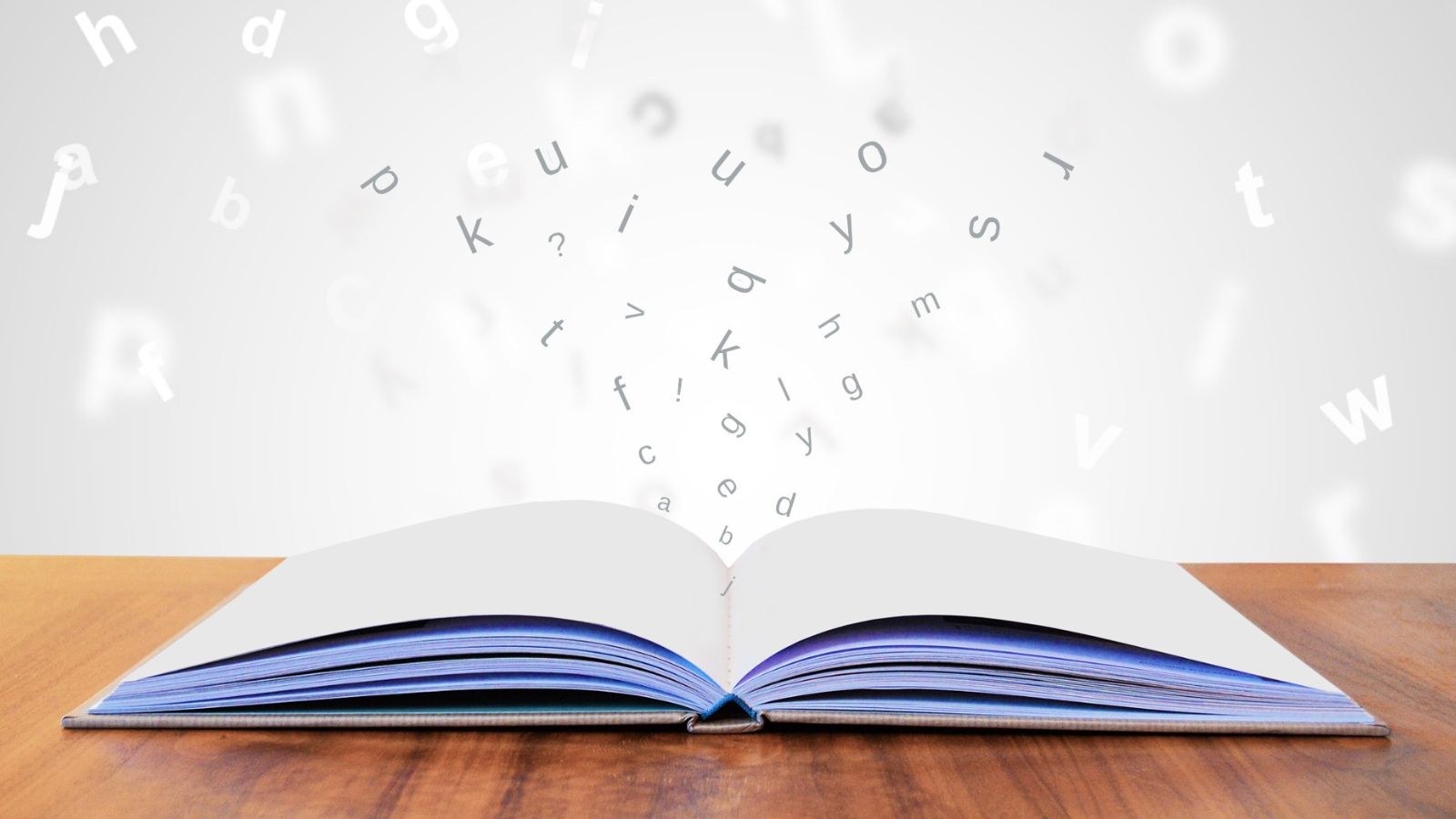The first time I offered my manuscript for a trial developmental edit was through a conference, and I couldn’t have been luckier. The editor who reviewed my first chapter, for a fee of 40 dollars, later devoted a half hour of thoughtful in-person follow up, knew my genre well and was writing in it himself, and offered comments that were thorough, insightful, and tactful. I hired him and was rewarded with an exceptionally detailed developmental edit, an edit so useful that I’ve been able to apply these insights to all subsequent novels.
Because he was booked when I finished my next novel, I reached out to someone on Twitter for a first-chapter critique for 75 dollars. Unfortunately, I was unimpressed with the volume or strength of her insights and declined to submit my full manuscript. Before, between, and after those experiences, I’ve worked alongside and consulted with numerous editors, and I’ve boiled down my thoughts to a few pieces of advice. Although editors love repeat business and forming close relationships with clients to shepherd their book toward completion, it’s likely that most authors can’t afford more than one edit and will make tough choices about how and when to request editing. Knowing the stage at which you want to jump into the process will save you money and frustration.
- Review several editors’ websites to learn what kind of editing you’re looking for. The right editor will break down services in clear terms, because miscommunication about expectations is the biggest misstep in this process. If the writer is looking for “line editing” (essentially, the editing of grammar, syntax, and mechanics at the line level) and thus expecting to receive a polished work nearly ready for submission, while the editor is offering an “editorial assessment” (essentially, a close reading for big picture ideas regarding plot and character arc), then there’s a huge potential for the client to feel unsatisfied with their pricey expenditure.
- Next, gather recommendations from friends, local writing groups, and other editors rather than searching online. Research their websites to compare prices for each type of service. Prices vary widely, and unsurprisingly, those editors looking to establish their emerging careers will charge less but can also be less adept at their craft. In fact, my first editor now charges four times what he charged five years ago, because he’s published several award-winning novels in the interim and built up his client base. Personal referrals are your friend. In a last-ditch effort, if you do resort to Reedsy, make sure to crosscheck anyone promising on Twitter and LinkedIn.
- Never hesitate to chat with editors at conferences, even if your manuscript isn’t ready. Conferences are an excellent way to find affordable editors who are serious about their craft, skilled, and still have enough time or are “hungry” enough at their gig to seek clients this way. If possible, avail yourself of services like “Blue Pencil” sessions at RMFW conferences or roundtable sessions. Another excellent way to find an editor is to attend the types of critique sessions often held at Pikes Peak conferences every spring. Observing an agent at work, even during a one-page group critique, can help you decide if their personality and skills are a good fit for you and your project.
- On that note, choose an editor who writes in, or demonstrates a proficiency with, your genre. In addition to providing important creative insights, a skilled editor understands current industry standards and trends. Thus, finding someone with experience as an acquiring agent or editor is bonus.
- Once you’ve narrowed your pool, splurge for a trial critique, first chapter critique, or meet and greet session. Most editors will have some form of initial review process or affordable one-chapter review to judge compatibility and rapport. You may well find editors who offer fixed per-word prices on macro editing, but for line-editing and proofreading, won’t give a fixed price until they’ve seen your manuscript. Either way, this isn’t a trick. A dedicated edit can take upwards of thirty hours (which is why so many editors are booked). Any good editor must decide if your work is something they can guide; no editor wants to take on a major project and not give it their best.
- Lastly, if possible, do all this research on cost, type of edit, and the genre and industry background of your prospective editor early on in the process. Why? Because once you have their ear for an intro session or interview, you want to spend that time assessing their ability to speak at your level, meet your needs, and most importantly — their ability to ‘get’ you and value your work. Don’t fill up that precious interview with mundane questions you could have answered through research.
Here are two “This is what editing is!” pages which I often reference: Ashley Wyrick/Status Quill and Ignited Ink. You can also check out industry prices and standards here at the Editorial Freelancers Association.
That’s enough for this month, folks! I’ll continue on this topic in my next post and share out some advice on how to wait for those edits. I love comments, so if you have a question or suggestion on this topic, let’s hear it! Good luck with your manuscript!
Photo used by permission of Canva


Great advice! I love a great editor, and it’s helpful to break down the process of finding/evaluating a potential editor like this. Thanks!